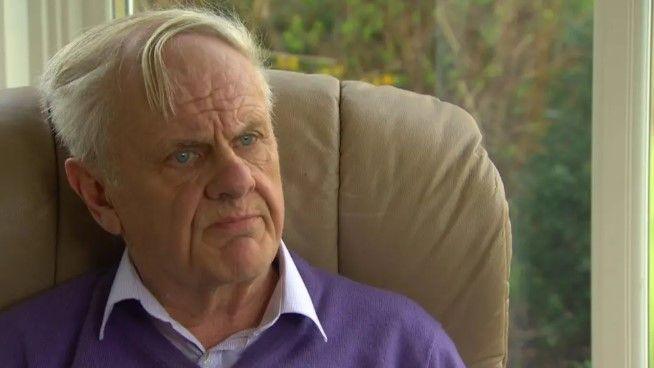United Ireland would be 'economic challenge', says Bertie Ahern
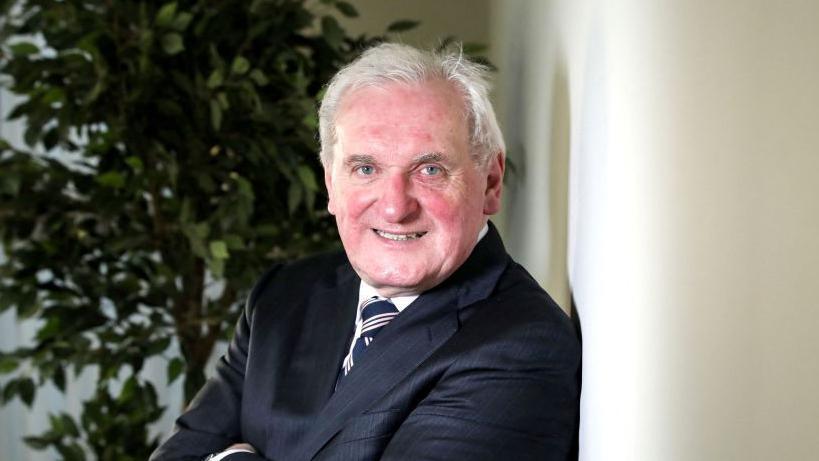
Former Irish Prime Minister Bertie Ahern in Dublin in 2023
- Published
The former Taoiseach (Irish Prime Minister) Bertie Ahern has said a border poll is "inevitable" but admitted that a united Ireland would be "an economic challenge".
He insisted cost was far from the most important issue and has questioned why more work had not been done to examine how public services could be potentially brought together.
Ahern was one of the political leaders who helped secure the 1998 Good Friday Agreement.
However, he said he has concerns about the pace of reconciliation and worries about the power-sharing government at Stormont "all the time".
'Economic challenge'
Speaking on the BBC's Borderland podcast Ahern said: "Let's not get hung up on the cost.
"I think that's nearly the last question that I'd be looking at.
"People will only support voting for a new Ireland when they know what they're supporting."
He said little or no work has been done to address how the separate police, legal and health care systems could be integrated.
However, when pushed on the issue of finances, Ahern said: "Of course there would be an economic challenge.
"I look at this step by step.
"[We need the] institutions to work, more involvement between north-south bodies, more informal contact, building up reconciliation and working out what kind of a blueprint we could have."
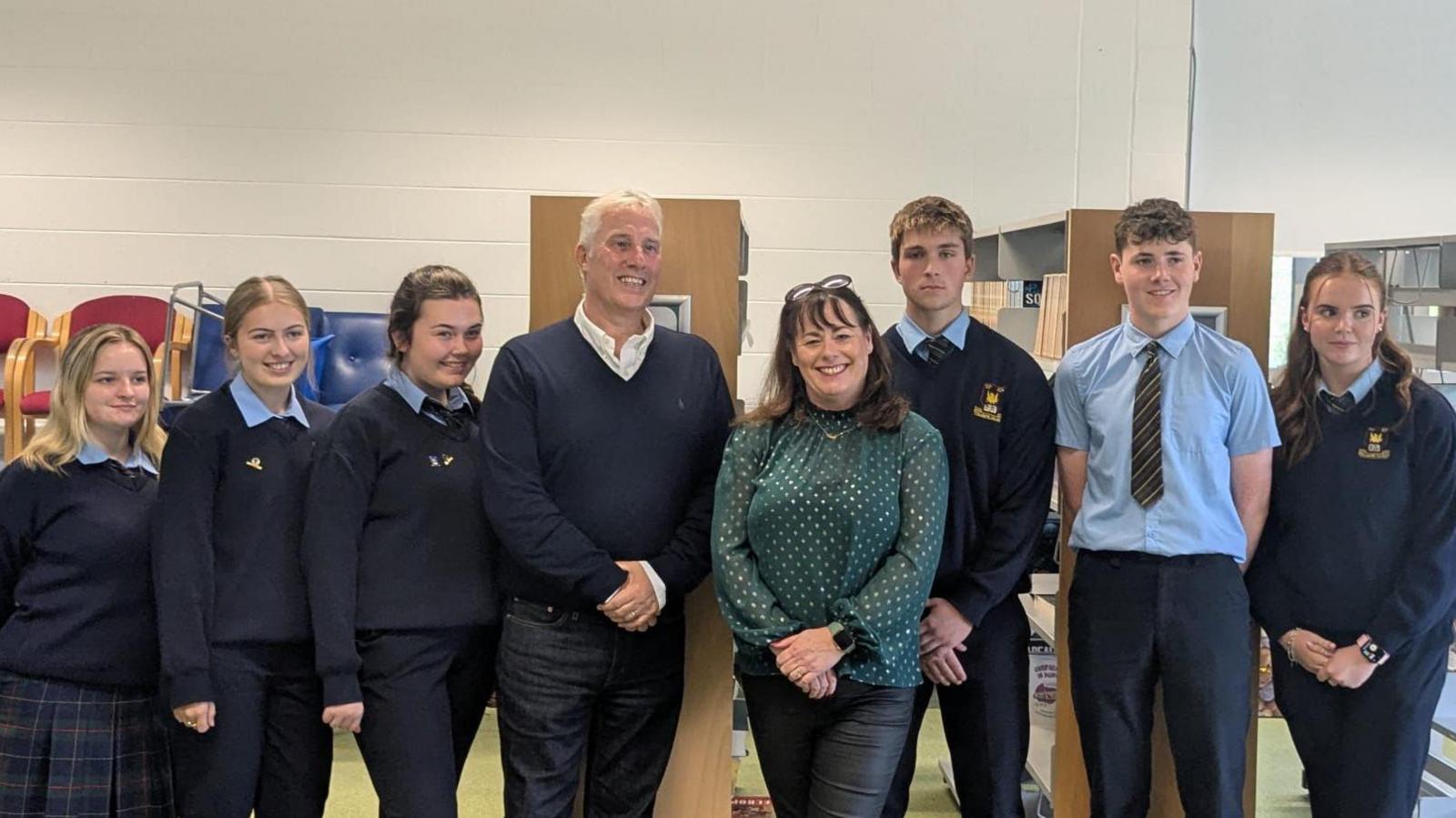
Former Sinn Féin MP Michelle Gildernew and former DUP MP Ian Paisley with pupils at Tullamore College in County Offaly
The latest edition of Borderland - UK or United Ireland?, examines the attitudes in the Republic to a potential referendum and the economic impact of unity.
In the podcast, former Sinn Féin MP Michelle Gildernew and former DUP MP Ian Paisley travel to County Offaly to speak to pupils at Tullamore College.
The teenagers were broadly supportive of the idea of unity but they did have concerns about what it could mean.
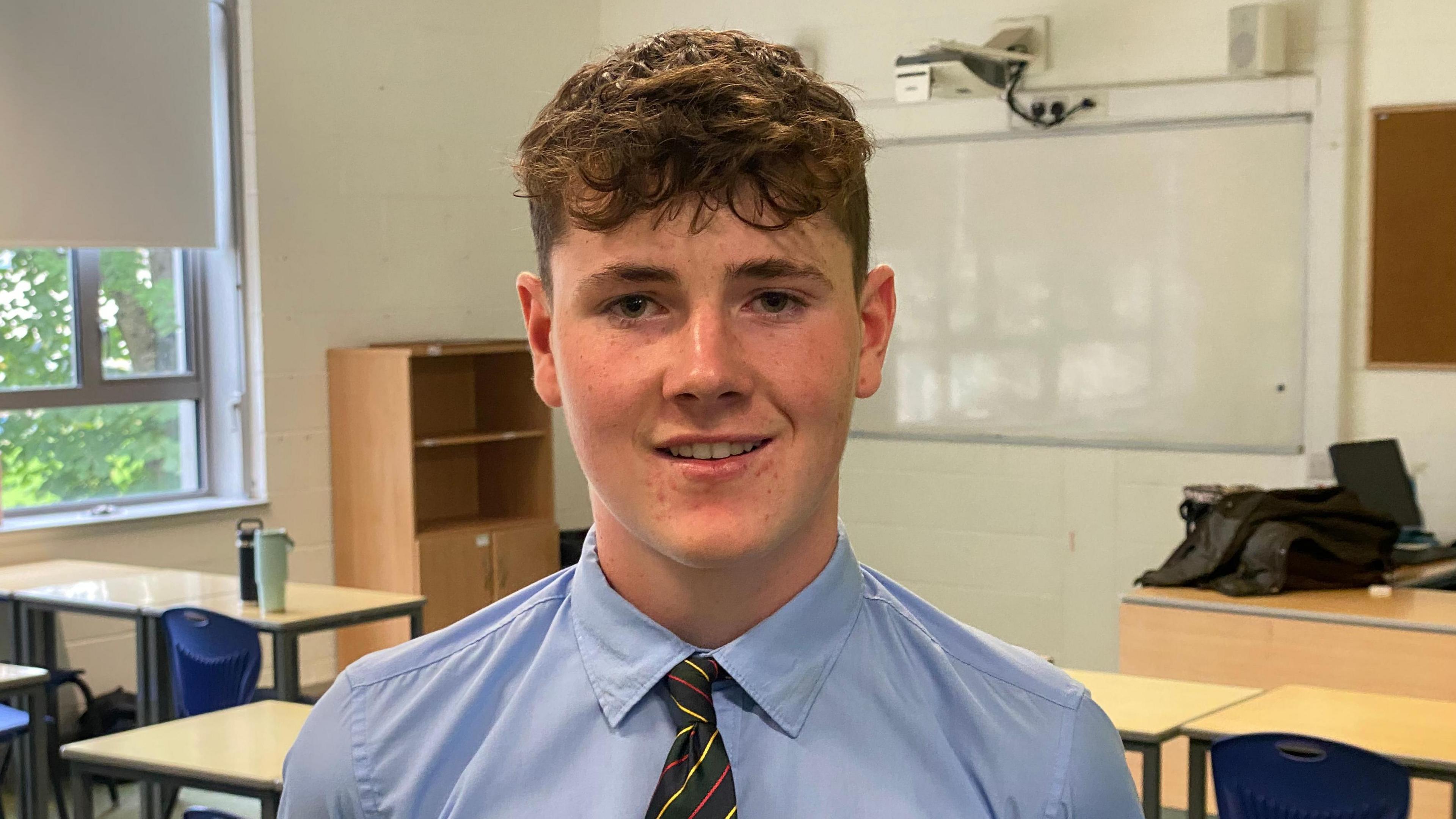
Gavin raised questions about what would have to change within a united Ireland
Gavin, 17, raised questions about what would have to change within a united Ireland.
"I suppose the compromises that may happen due to a united Ireland would be the Irish language not being compulsory across the country," he said.
"And whether a change in flag would be another compromise.
"If I was to vote in a border poll I would have to think about the compromises made.
"And whether I feel maybe about keeping the Republic as is."
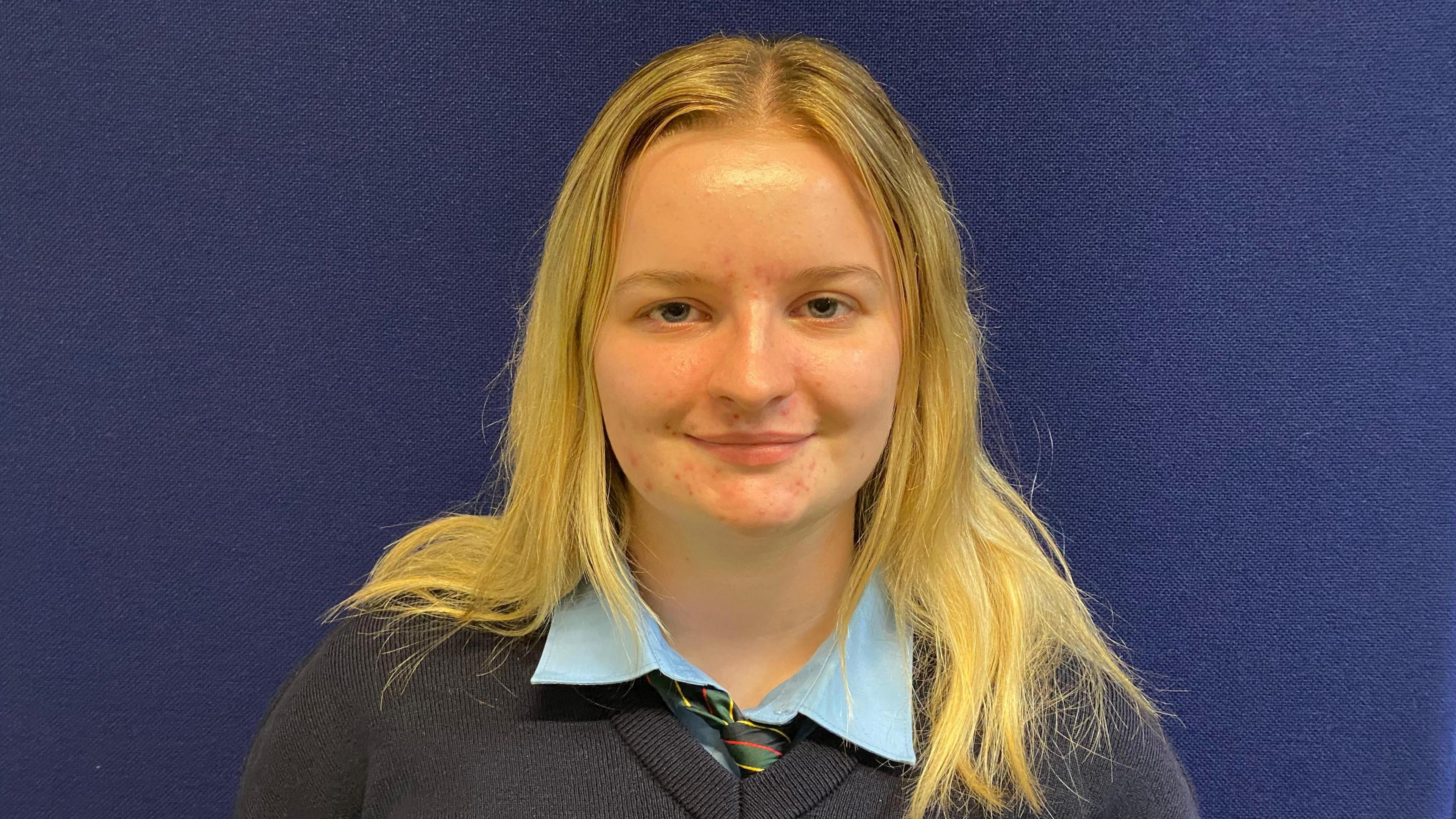
Grace would only want a united Ireland "if it had benefits for both sides"
Borderland – UK or United Ireland?
This podcast will ask key questions about the shape and timing of any potential referendum on Irish unity and what all of this could mean for politics and society.
Presenter Chris Buckler along with two high-profile former MP’s, Ian Paisley and Michelle Gildernew, explore issues around the constitutional future and status of Northern Ireland.
The possibility of needing to change Ireland's flag or anthem was the primary fear of the Leaving Cert students.
But there were also worries that a referendum on Irish unity could lead to instability, particularly given Northern Ireland's history.
"I, myself, would love to see a united Ireland – it just makes sense to me," said Grace.
"It appeals to me in my head both historically and culturally.
"But with that, I would only want to see it if it had benefits for both sides and there was no violence involved."
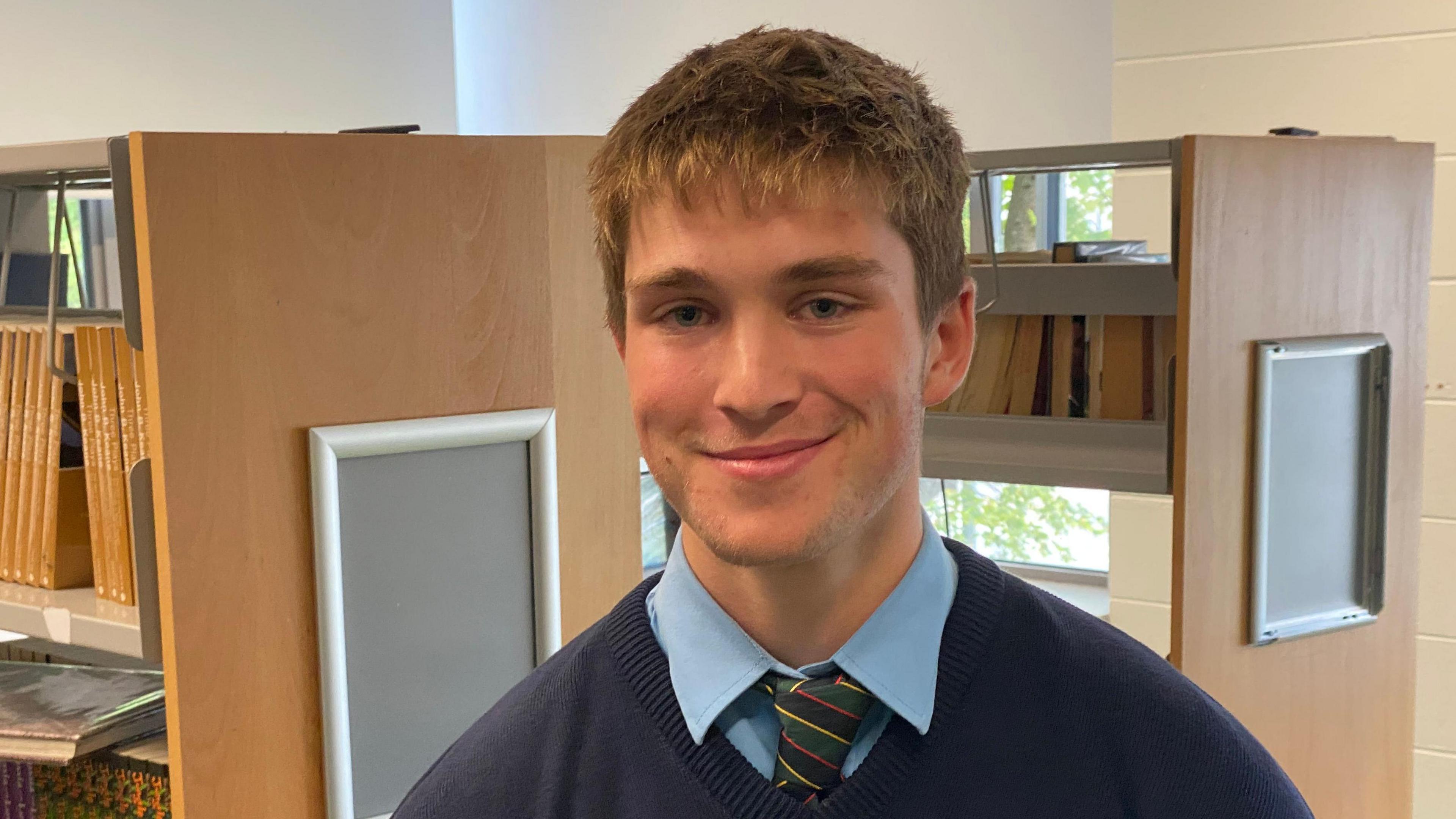
Jack believes it is "an historical, cultural identity thing"
Many of the class had been on a school trip from the Irish midlands to Northern Ireland.
Some of them said that what surprised them was how similar it was to the Republic.
However, they recognised that if unification was to happen it would likely come at a cost.
"Undoubtedly, taking Northern Ireland into the Republic is going to have an immediate financial cost," said Jack, whose mum went to university in Belfast.
"It's not going to be financially productive in the first 10 years – I don't think anybody can really argue that it will be.
"But I think it's an easy conversation to have with people in the south, to convince them.
"It's an historical, cultural identity thing."
The first four episodes of Borderland – UK or United Ireland? are available now on BBC Sounds and all main podcast providers.
Related topics
- Published15 October
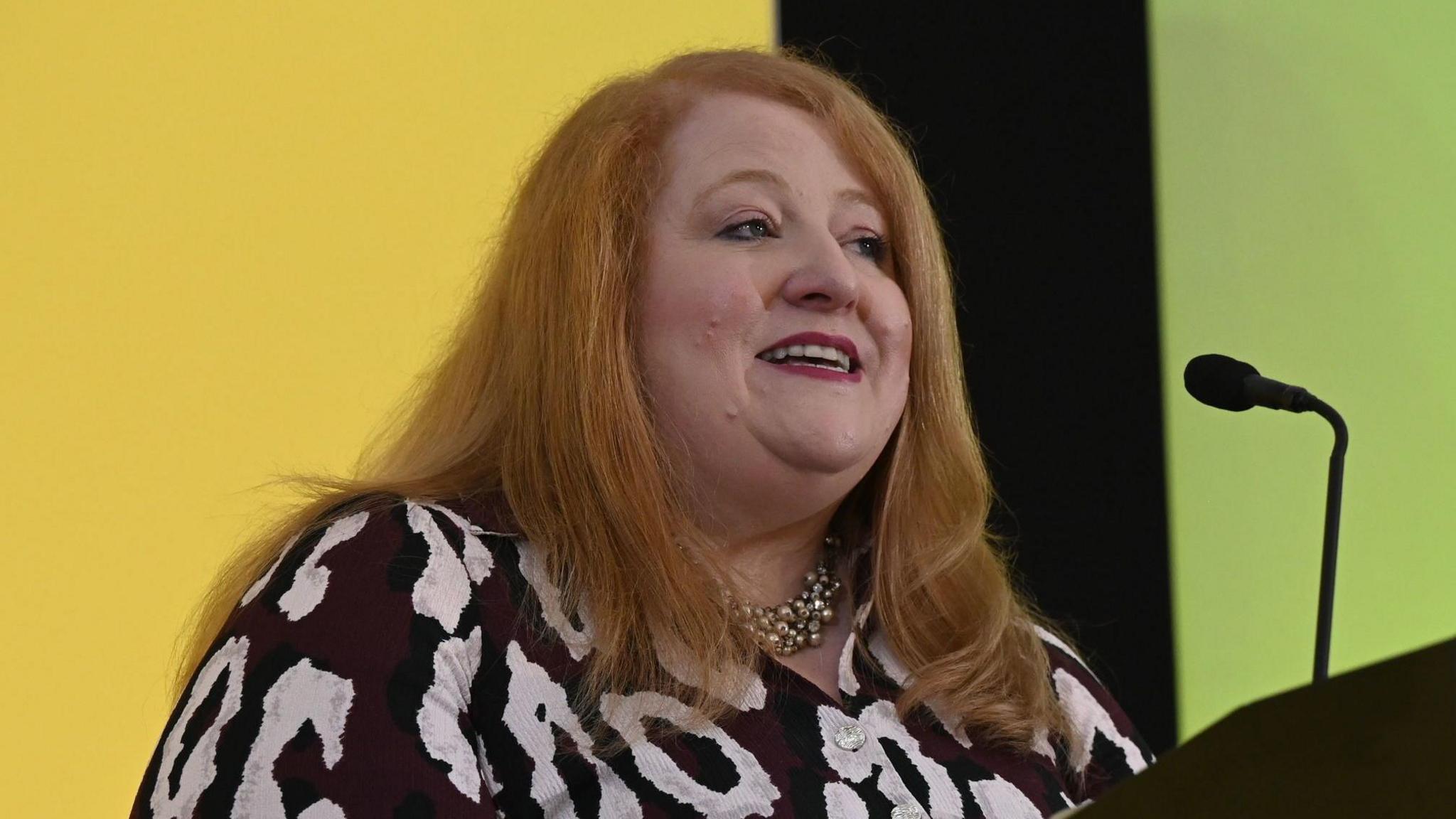
- Published8 October
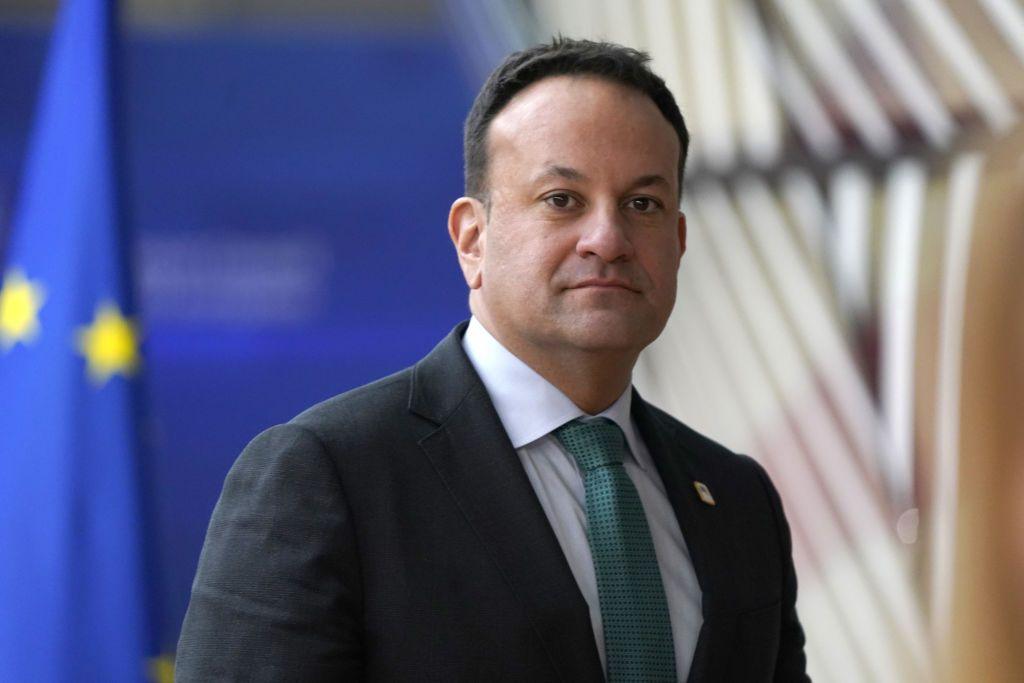
- Published18 October
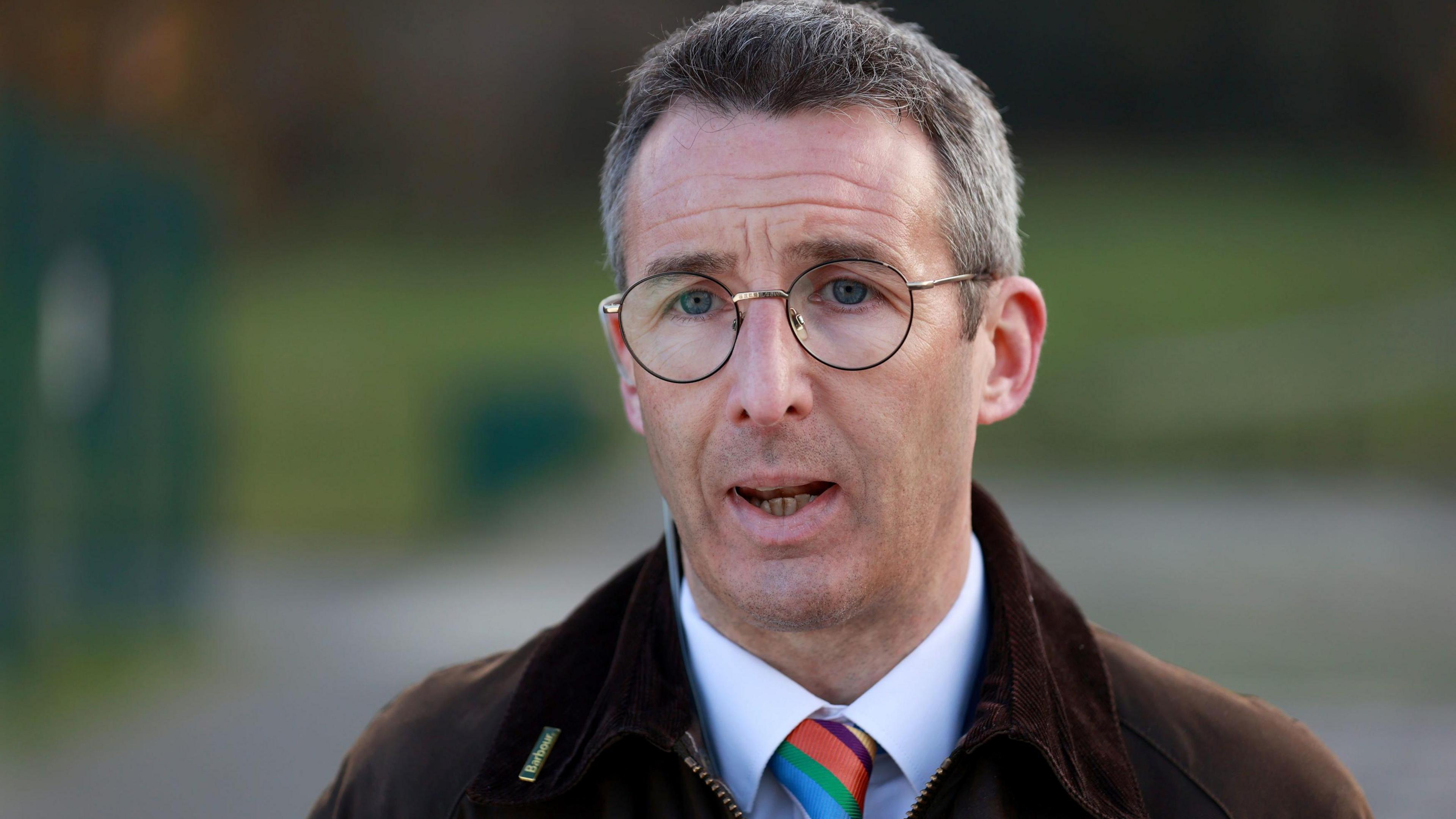
- Published8 October
